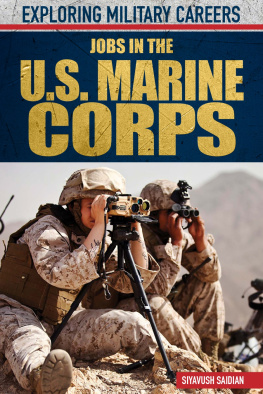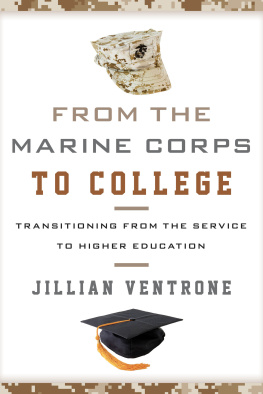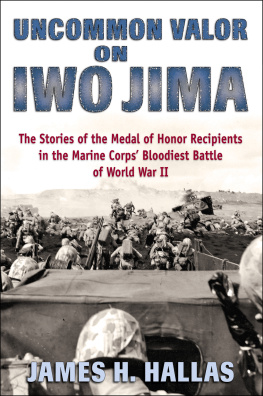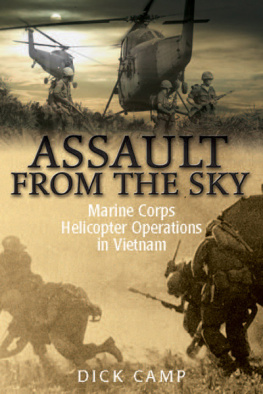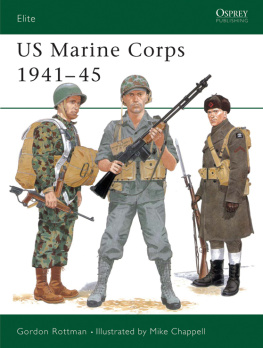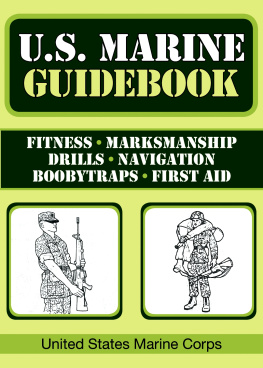Stanford University Press
Stanford, California
2014 by the Board of Trustees of the Leland Stanford Junior University.
All rights reserved.
No part of this book may be reproduced or transmitted in any form or by any means, electronic or mechanical, including photocopying and recording, or in any information storage or retrieval system without the prior written permission of Stanford University Press.
Printed in the United States of America on acid-free, archival-quality paper
Library of Congress Cataloging-in-Publication Data
Holmes-Eber, Paula, author.
Culture in conflict : irregular warfare, culture policy, and the Marine Corps / Paula Holmes-Eber.
pages cm(Stanford security studies)
Includes bibliographical references.
ISBN 978-0-8047-8950-9 (cloth : alk. paper)
ISBN 978-0-8047-9189-2 (pbk. : alk. paper)
1. United States. Marine Corps. 2. Cultural awarenessGovernment policyUnited States. 3. Intercultural communicationGovernment policyUnited States. 4. Irregular warfareUnited States. 5. Organizational changeUnited States. 6. Sociology, MilitaryUnited States. I. Title.
VE23.H57 2014
359.964dc23
2013044154
ISBN 978-0-8047-9190-8 (electronic)
Acknowledgments
ALL BOOKS ARE ULTIMATELY THE RESULT OF MANY peoples assistance. However, this book, more than any other project I have worked on, has truly exemplified the Marine Corps ethos of theres no I in team. So many people, in fact, have supported this research, participated in the study, and given commentary on my drafts that I feel almost embarrassed to claim this work as my own. Although there is not space here to give credit to all the amazing people who have helped me see the world through Marine Corps eyes, there are several who do need special mention:
Colonel (ret) Jeffery Bearor (SES), who had the vision to support this project from its inception, provide extensive mentorship throughout the seven years of my research, and faithfully read and comment on many drafts. This book truly is the result of his tireless efforts on my behalf.
Lieutenant General (ret) Paul van Riper, whofrom the very first day we metchallenged and pushed me to think critically and deeply about the way that the Marine Corps was responding to its cultural challenges. For his extensive and detailed reading and commentary on the entire book (peppered by an amazing knowledge of Marine Corps history and lore) I am truly grateful.
Colonel (ret) Jerre Wilson, who understood that research, writing, and teaching are inseparable, and dedicated the time, resources, and support necessary to help me complete this project, all as part of my duties as professor of operational culture at Marine Corps University.
Colonel (ret) George Dallas, from whom I probably learned most about Marine identity, leadership, and the challenges of organizational change. Through his personal example and our many, many conversations I have had the rare opportunity to truly look at the world from a Marines perspective.
The staff at the Marine Corps Center for Advanced Operational Culture Learning (CAOCL) and especially Gunnery Sergeant (ret) Alex Mesa, Hamid Lellou, and Rashid Qawasmi for taking time out of their busy schedules to let me observe their training classes and discuss the challenges of teaching culture and language in the Marine Corps.
Colonel Mark Desens, Colonel (ret) Royal Mortenson, Colonel Kris Stillings, Colonel Alex Vohr, Colonel Tracy King, and Colonel Christopher Wood-bridge. I am deeply indebted to the directors of the Marine Corps Officer Candidates School (OCS), The Basic School (TBS), Expeditionary Warfare School (EWS), Command and Staff College (CSC), School of Advanced Warfighting (SAW), and Marine Corps War College (MCWAR) for allowing me to observe classrooms and exercises and interview faculty and students for this study. Furthermore, several of these directors took time out of their busy schedules not only to discuss their schools and their programs but also to provide critical commentary on draft chapters of this book.
Colonel Rickey Grabowski, Colonel Benjamin Blankenship, Colonel Robert W. Jones, Colonel Daniel Wilson, Sergeant Major Gary Buck, Gunnery Sergeant Shawn Potvin, and Captain Will Patrone for allowing me to tromp all over the Marine Corps Recruit Depot at Parris Island, North Carolina, and showing me how the Marine Corps makes a Marine.
Kerry Fosher, my anthropological partner in crime, with whom I have shared countless hours working on the Marine Corps culture venture and whose own rich perspectives have greatly informed my own thinking on the subject.
Allison Greene-Sands, who always was willing to provide her higher-level perspective about the problems of organizational change and the challenges of policy implementation from the point of view of the Department of Defense community.
Andrea Hamlen and Stase Rodebaugh, who tirelessly edited every page of this book while working frantically during the peak rush of master student thesis submissions.
Geoffrey Burn, James Holt, and Tim Roberts, my editors at Stanford University Press, who demonstrated truly extraordinary patience, persistence, and professionalism in working with me to prepare this book for publication.
Deborah Wheeler, dearest friend, scholarly colleague, partner in juggling roles as professor and mother, and tireless cheerleader, who read every unpolished initial page and kept me going with her unbeatable optimism and humor.
Disclaimer
To protect the identity of all participants in this study, all personal names are pseudonyms. Where rank and billet (position) could identify the speaker, Marines titles and ranks may also be altered, along with gender, age, or any other identifying demographic information. The reader should therefore be extremely cautious in drawing any ties between the speakers and actors in this study and any individuals, alive or dead, who may resemble the Marines in this study.
The opinions expressed in this book are the authors own and do not represent those of Marine Corps University, the Marine Corps Center for Advanced Operational Culture Learning (CAOCL), Training and Education Command (TECOM), the U.S. Marine Corps, the Department of Defense, or the U.S. government. All omissions, errors, and misinterpretations are completely the responsibility of the author.


